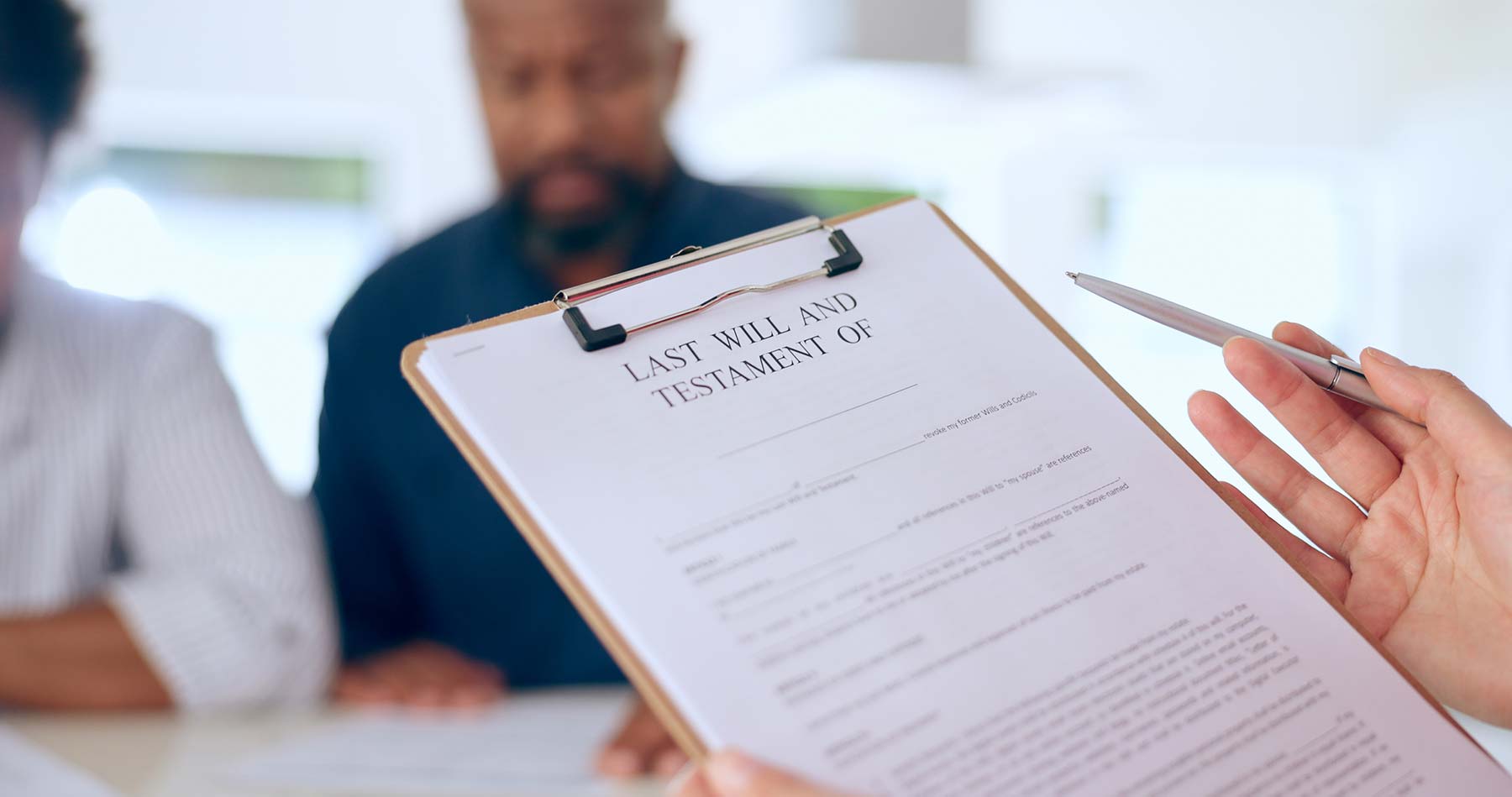What to do When Someone Dies

When someone passes away the following needs to be done:
- A doctor is to sign and issue a Death Certificate
- A funeral company takes the deceased into care
- The death must be registered either by the Funeral Director or by the person who is managing the final arrangements for the deceased.
- We suggest that you should notify the following people/organisations when someone dies:
-
- Telephone, internet & energy companies;
- Clubs
- Banks
- Government departments
- Insurance Companies
- Online Accounts
Some of the above organisations will require a copy of the death certificate.
- The funeral needs to be organised

When a person passes away, it can often feel very overwhelming when you turn your mind to all the different things that need to be taken care of, especially regarding their assets.
Hopefully, the deceased person has left a valid Will which details what they want to happen to their estate. A person’s Will should specify who will benefit from their estate (beneficiaries) and who will administer the estate (executors).
The role of the executor can have varying degrees of involvement depending on the complexity of the person’s estate and could entail:
- Managing the assets of the estate
- Paying the liabilities / dealing with any creditors of the estate
- Settling and distributing the assets of the estate.
Often, an executor may find it easier to handle the above tasks with the assistance of a lawyer who can advise and guide them through the process and take the worry out of the role.
It may also become the responsibility of the executor to obtain a Grant of Probate from the Supreme Court. This is the process whereby the court declares the validity of the Will of the deceased and confirms the executor has the right to administer the estate. The assistance and support of a Lawyer through the course of Probate can be invaluable. The function of the lawyer in this instance is to steer the executor through the process and:
- To prepare the Probate application and all court documentation;
- To lodge the Grant of Probate with the Supreme Court;
- Collect all assets once the Grant is received including liaising with banks and shareholders, selling or transferring property and communicating with beneficiaries;
- To guide the executor and act for the estate in any claims that are made on the estate; and
- Assist the executor in administering the estate and attending to its distribution.
Should you or a loved one be faced with the daunting task of having to handle a deceased estate, please contact our office on 1300 224 828 for guidance, assistance and support and let us make this process easy for you.




